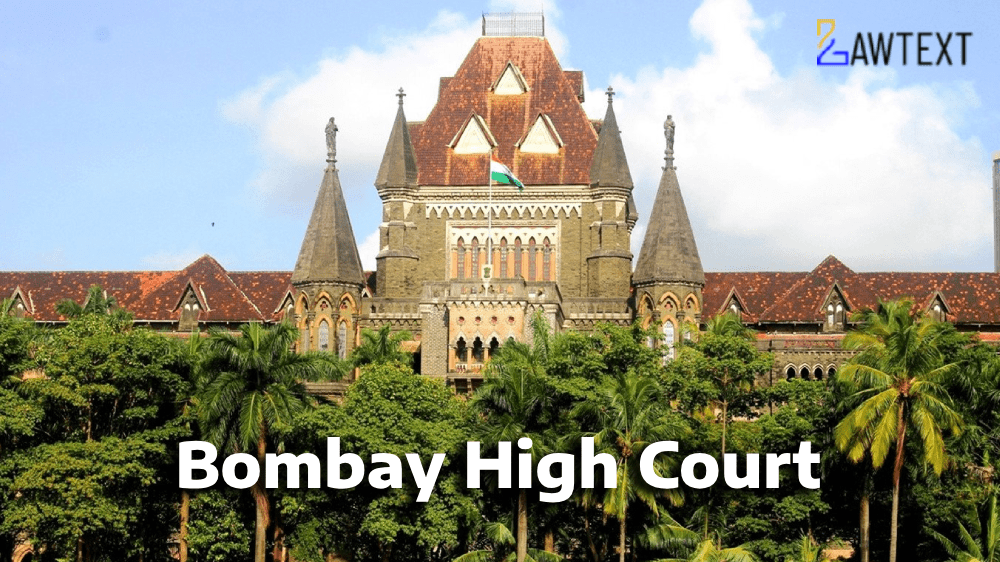

The High Court of Judicature at Bombay reviewed a death penalty imposed by the Sessions Judge on three accused—Haribhau, Dwarkabai, and Shyam Telgote—for the murder of four family members over a land dispute. The court examined the applicability of Section 34 (common intention) of the Indian Penal Code (IPC) and the circumstances under which the death penalty qualifies as "rarest of rare." Ultimately, the court upheld the conviction of Haribhau and Shyam for murder under Section 302 IPC but acquitted Dwarkabai, finding no substantial evidence of her active involvement or shared common intention.
1. Familial Land Dispute and Initial Conflict (Paras 1-5)
A longstanding dispute over ancestral land between Dwarkabai Telgote and her brothers escalated when Dwarkabai demanded a share, leading to frequent quarrels. On the day of the incident, tensions flared when Dwarkabai attempted to sow crops on disputed land, sparking an altercation with her brothers.
2. Assault and Murder of Four Family Members (Paras 6-9)
Following the altercation, Dwarkabai allegedly summoned her husband, Haribhau, and son, Shyam, who arrived armed. They, along with Dwarkabai’s younger son (a minor), reportedly assaulted and murdered Dhanraj, Shubham, Gaurav, and Baburao using sharp weapons. The eyewitnesses testified to this brutal assault.
3. Medical Evidence and Cause of Death (Paras 10-15)
Post-mortem reports established that the victims sustained multiple deep injuries to vital organs, primarily inflicted with sharp weapons, causing fatal hemorrhage.
4. Defense’s Claim of Provocation (Paras 16-25)
The defense argued that the altercation began after Shubham allegedly misbehaved with Dwarkabai, provoking her family’s reaction. The accused also claimed the deceased were armed and attacked them first.
5. Prosecution’s Counter-Argument and Eyewitness Accounts (Paras 26-35)
The prosecution presented seven eyewitnesses, including close family members and villagers, who confirmed the sequence of events and implicated Haribhau and Shyam. However, the role of Dwarkabai remained unclear, as initial accounts omitted her involvement in the attack.
The court concluded that Haribhau and Shyam were guilty of murder under Section 302 IPC due to clear evidence of their active involvement in the killings. However, Dwarkabai was acquitted as the prosecution failed to prove her direct involvement or common intention under Section 34 IPC. Additionally, the court examined whether the case qualified as “rarest of rare” for capital punishment and ultimately upheld the death penalty for Haribhau and Shyam, given the brutality and premeditated nature of the murders.
Citation: 2024 LawText (BOM) (11) 131
Case Number: CRIMINAL CONFIRMATION CASE No. 4/2024 WITH CRIMINAL APPEAL NO. 316/2024. …. CRIMINAL CONFIRMATION CASE No. 4/2024.
Date of Decision: 2024-11-13
Case Title: State of Maharashtra Versus Haribhau Rajaram Telgote & Ors.
Before Judge: VINAY JOSHI AND ABHAY J. MANTRI , JJ.
Advocate(s): Mr. R.M. Daga, Advocate for Appellants/Accused. Mr. S.S. Doifode, Addl.P.P. with Mr.A.M. Badar, A.P.P. for the Respondent/State.
Appellant: State of Maharashtra
Respondent: Haribhau Rajaram Telgote & Ors.